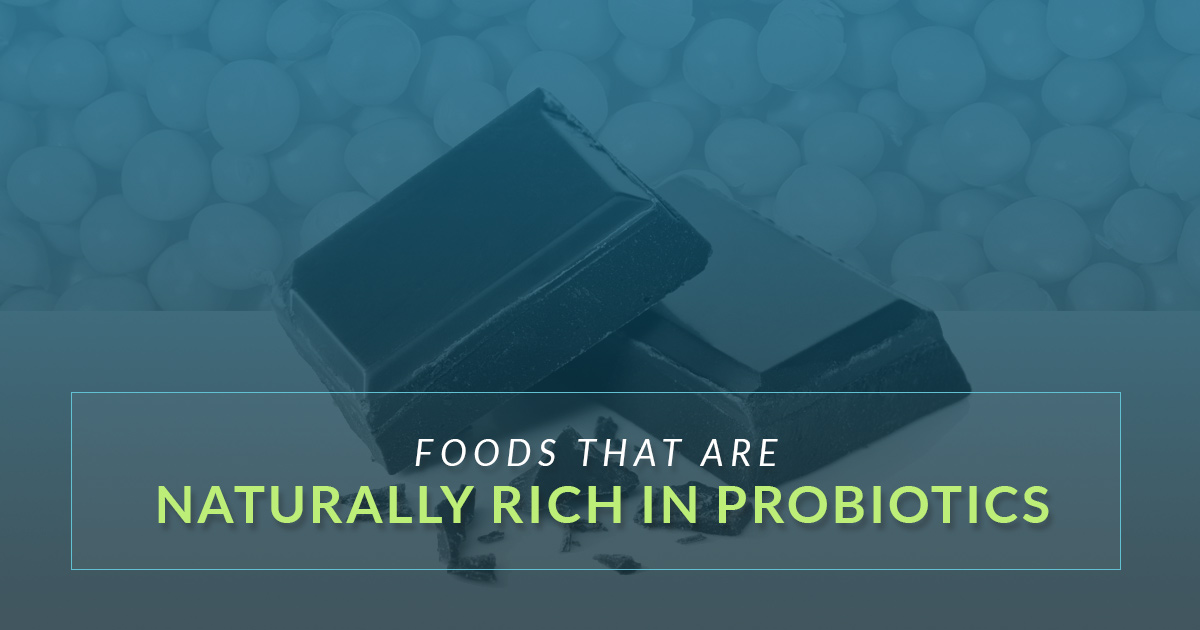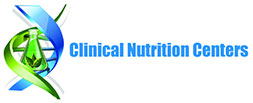Foods That are Naturally Rich in Probiotics

Boosting your immune system and improving your mood are just a couple of the benefits you can experience when you take probiotics on a daily basis. In a previous blog, we discussed some of the benefits of incorporating probiotics into your health regimen, and there are many ways in which you can make sure you are getting some form of probiotics every day. However, one of the easiest ways to do so is to eat foods that are naturally rich in probiotics! If you are interested in learning more, continue reading below where we will discuss a few foods that contain probiotics.
At Clinical Nutrition Centers, we want to help you achieve your maximum health. We understand that your personal health and wellness is important to you, which is why we offer a variety of supplements and natural treatments that are designed to treat your ailments instead of covering up the symptoms. In addition to offering a wide variety of herbal health supplements, we also offer a Bio-Energetic Scanning Evaluation and Bio-Energetic Meridian Assessment Body Scanning. To learn more about what Clinical Nutrition Centers has to offer, or to schedule an appointment with our doctor, contact us today!
Dark Chocolate
Not only is dark chocolate delicious, but it also contains natural prebiotics and probiotics. While you have probably heard of probiotics, prebiotics are completely different. Probiotics assist with digestion and give your immune system a boost. Prebiotics, on the other hand, act as a food source for microbes in your gut. These microbes are necessary to help break down the dark chocolate into anti-inflammatory components. Unfortunately, not every bar of dark chocolate will give you the same benefits. In order to supply your body with prebiotics and probiotics, it’s important to choose a bar of dark chocolate that is at least 70 percent cocoa or above.
Green Peas

Those tiny green spheres that you refused to eat as a child are actually rich in probiotics! The type of probiotic found in green peas is known as Leuconostoc mesenteroides. This type of probiotic helps to stimulate your immune system by protecting the mucosal barrier. This barrier acts as the body’s second skin and is the first line of defense against diseases and infections. With that in mind, if you’re looking to experience all the benefits that green peas have to offer, you will want to forgo the canned peas and add fresh green peas to salads, pasta, and other foods.
Greek Yogurt
Yogurt is probably the most well-known source of natural probiotics. If you’re looking for a way to add probiotics into your diet that doesn’t involve swallowing a pill, then Greek yogurt is a great way to do it. Start your day with a yummy yogurt parfait, or add some yogurt to your breakfast smoothie. Not only will you be adding probiotics to your diet, but these treats will also be creamy and delicious.
While Greek yogurt is a great source of probiotics, it’s also important to note that not all yogurts contain probiotics. There are some yogurts that are heat treated after fermentation, and this process typically kills all of the healthy strains of bacteria that are found within the yogurt. If you want to make sure that you are getting all of the probiotics you can, be sure to check the label of your yogurt to see if it says that it contains live active cultures.
Sourdough Bread
Next time you go to the grocery store to buy bread, consider stocking up on sourdough bread! Many people believe that the delicious flavor of sourdough is just that – a flavor. However, the slightly sour taste you experience when you bite into sourdough bread is actually due to a fermentation process. During this process, bacteria and yeast break down the gluten and sugar into healthy proteins, including probiotics. Thanks to the fermentation process, you can now get your daily probiotics by simply making a sandwich!
If you’re looking for a natural way to get your daily probiotics, the foods mentioned above are excellent sources of probiotics. For more information on the benefits of probiotics, be sure to check out our previous blog or contact Clinical Nutrition Centers!
We look forward to hearing from you soon!

